Intellectual Property and NFTs
Some of the examples of intellectual property are artwork, music, logos, and inventions. Owning an NFT does not automatically grant the owner intellectual property ownership of that digital asset.
For example, you may buy an NFT of a digital painting. That by no means suggests that you have taken ownership of the copyright for the painting. The ownership lies with the original creator, unless it is specifically transferred.
Key Aspects of Intellectual Property:
- Copyright: It protects original works of authorship; examples include art, music, and writing. This gives the creator exclusive rights to reproduce, distribute, or display the work.
- Trademark: Protects signs, symbols, and names used in commerce to identify goods and services.
- Patent: Protects inventions and technical processes.
- Trade Secrets: Protects business information that is confidential from being shared or stolen.
NFT Copyright: Who Owns What?
Owning NFTs can also come under gray areas with regards to copyright protection. Owning the NFT gives you the rights of the token, not necessarily the copyright to the digital asset it represents. Here is an example for clarity:
If you buy an NFT of some famous digital artwork, you own the NFT, but if the artist has not explicitly transferred the copyright to you, then he or she still retains the copyright. You have no right to reproduce the copies of artwork and sell them, despite owning an NFT.
Common Misconceptions about NFT Copyright:
- Buying an NFT doesn’t mean you own the intellectual property. The copyright remains with the original creator unless transferred.
- Selling an NFT doesn’t automatically transfer copyright. Creators need to specify the legal rights they are transferring with the sale.
How Legal Rights in NFTs Work
NFTs represent a digital proof of ownership, but they don’t automatically grant legal rights to the content. Here’s a breakdown of how different legal rights apply to NFTs:
Legal Right | Applies to NFTs? | What It Means |
Copyright | No (unless explicitly stated) | The creator retains copyright unless transferred. |
Trademark Protection | Yes, in some cases | If the NFT uses a protected logo or brand symbol. |
Ownership of Asset | Yes | The buyer owns the NFT, but not necessarily the IP. |
License to Use Content | Sometimes | Some NFTs come with limited rights to use or display. |
Commercial Rights | Rarely | NFTs rarely grant full commercial rights to content. |
It’s important to check the terms of the NFT purchase. Some creators grant specific licenses with their NFTs, giving buyers limited rights, such as displaying the artwork or using it for personal purposes. Others may restrict all use and retain full legal rights.
Trademark Protection in NFTs
Trademark law protects brand names and other distinctive symbols. In particular, this is applicable when branded content, such as licensed characters or sports memorabilia, is represented by an NFT. For instance, if an NFT uses any well-known logos without permission, then the consequences might be a trademark infringement lawsuit.
Trademark regulations ensure that buyers are aware of a product’s origin. A business may file a lawsuit if an NFT is made using a copyrighted symbol – such as the logo – without the required permission. Even if the NFT inventor is not using the logo for business, this still holds true.
How Trademark Protection Applies to NFTs:
- Unauthorized use of trademarks in NFTs can lead to infringement claims.
- NFT creators must ensure they have permission to use any brand names or logos in their digital assets.
- Buyers should verify that the NFT they’re purchasing does not violate trademark laws.
Protecting Intellectual Property Rights in NFTs
If you’re an NFT creator, protecting your intellectual property is essential. There are several ways to safeguard your work in the NFT space:
- Register your copyright. This provides legal protection if someone tries to use your work without permission.
- Use watermarks or signatures. Including a visible signature or watermark can deter unauthorized use.
- Specify legal terms in the NFT sale. When selling an NFT, be clear about the rights you are transferring to the buyer. This might include a license to display the artwork or use it in limited ways.
For buyers, it’s equally important to understand the legal rights attached to the NFTs you purchase. Always check the terms and conditions before buying. If the NFT comes with limited usage rights, you may only be able to display or resell the token, but not modify or reproduce it.
Future Legal Developments in NFTs
With the constant evolution in NFTs, the laws surrounding intellectual property and digital assets will likely change. Today, the legal framework still plays catch-up to this technology. Some countries look into how to regulate NFTs and give creators better IP protections.
This could be further developed by the creation of standardized licenses for NFTs. Much as Creative Commons licenses work, for online content, licenses for NFTs would detail exactly what rights are being transferred in each sale. This makes it much easier for buyers and sellers to understand their legal obligations.
The creators and the buyers of NFTs must be on the same page as far as the legalities go. In this course, you would understand the ins and outs of copyright, trademark protection, and legal rights in terms of NFTs, giving you the ability to make wise decisions within this growing marketplace.
Remember, investing in cryptocurrencies involves risks, and it’s important to conduct thorough research and seek professional advice before making any financial decisions. (Please keep in mind that this post is solely for informative purposes and should not be construed as financial or investment advice.)






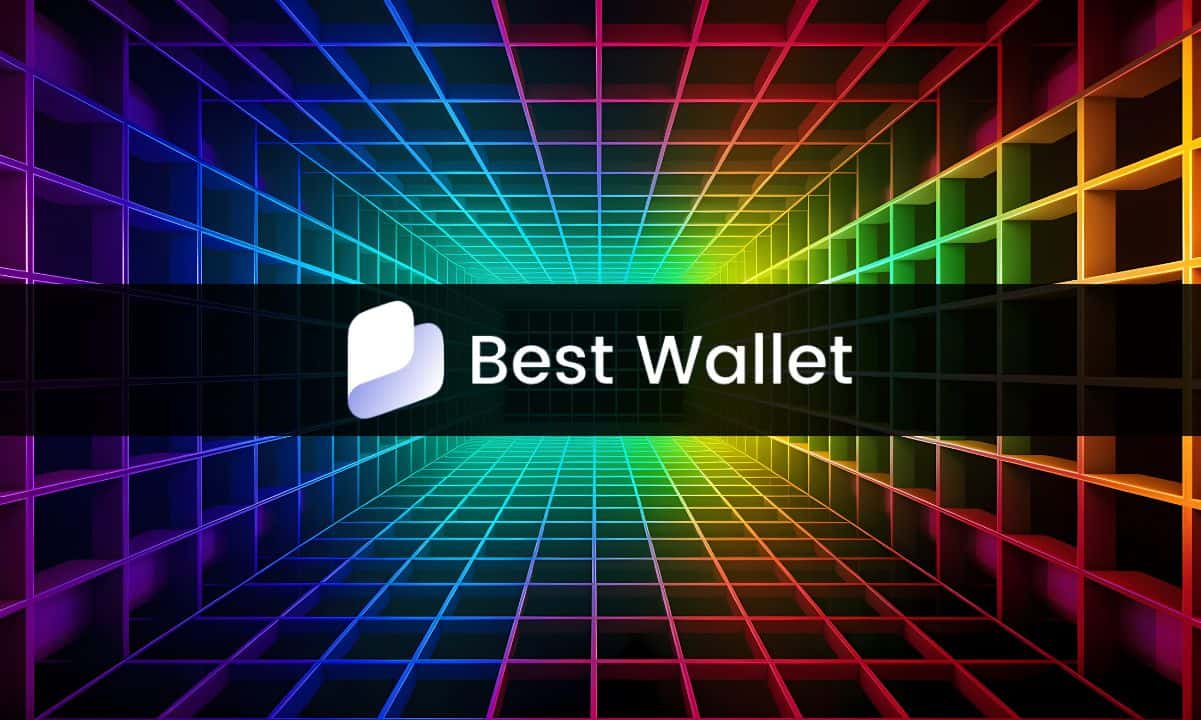



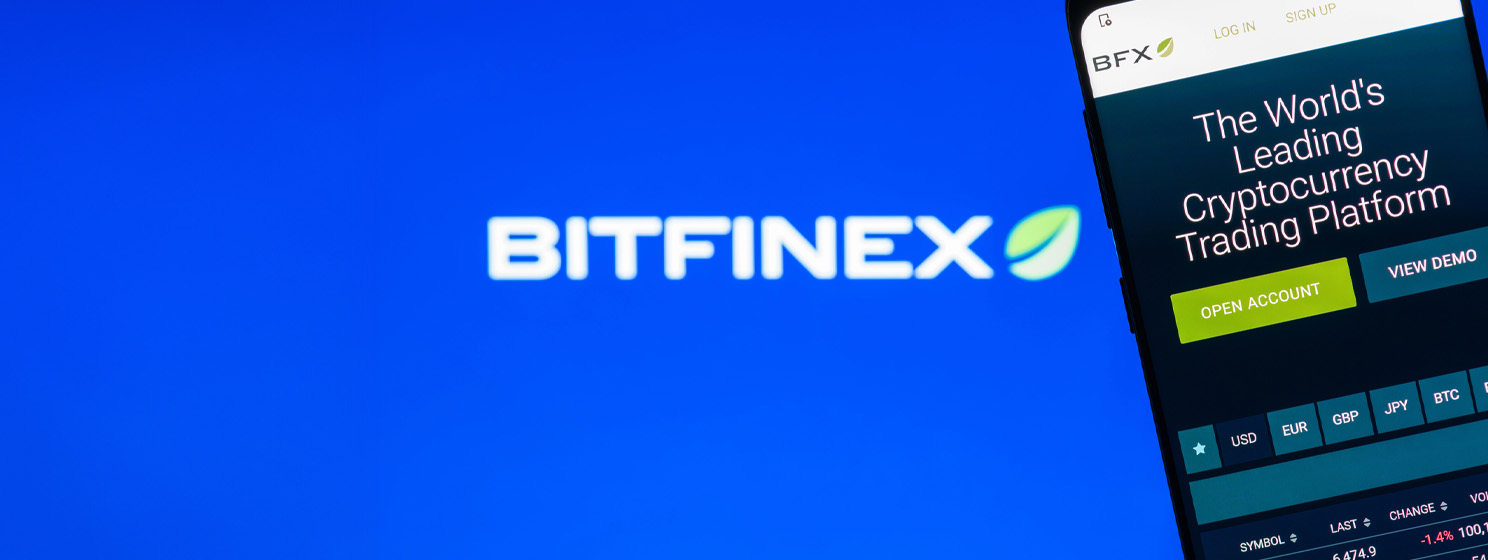


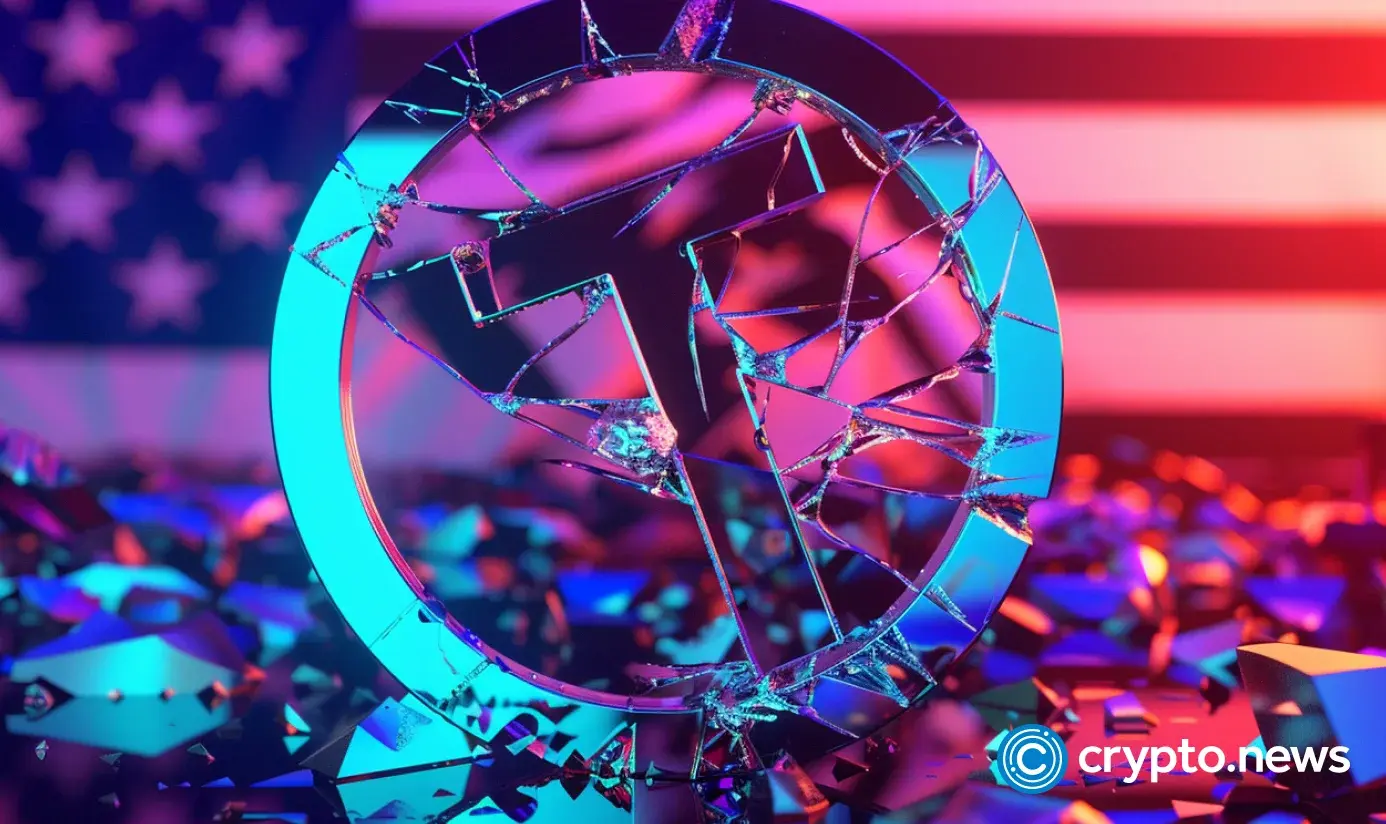
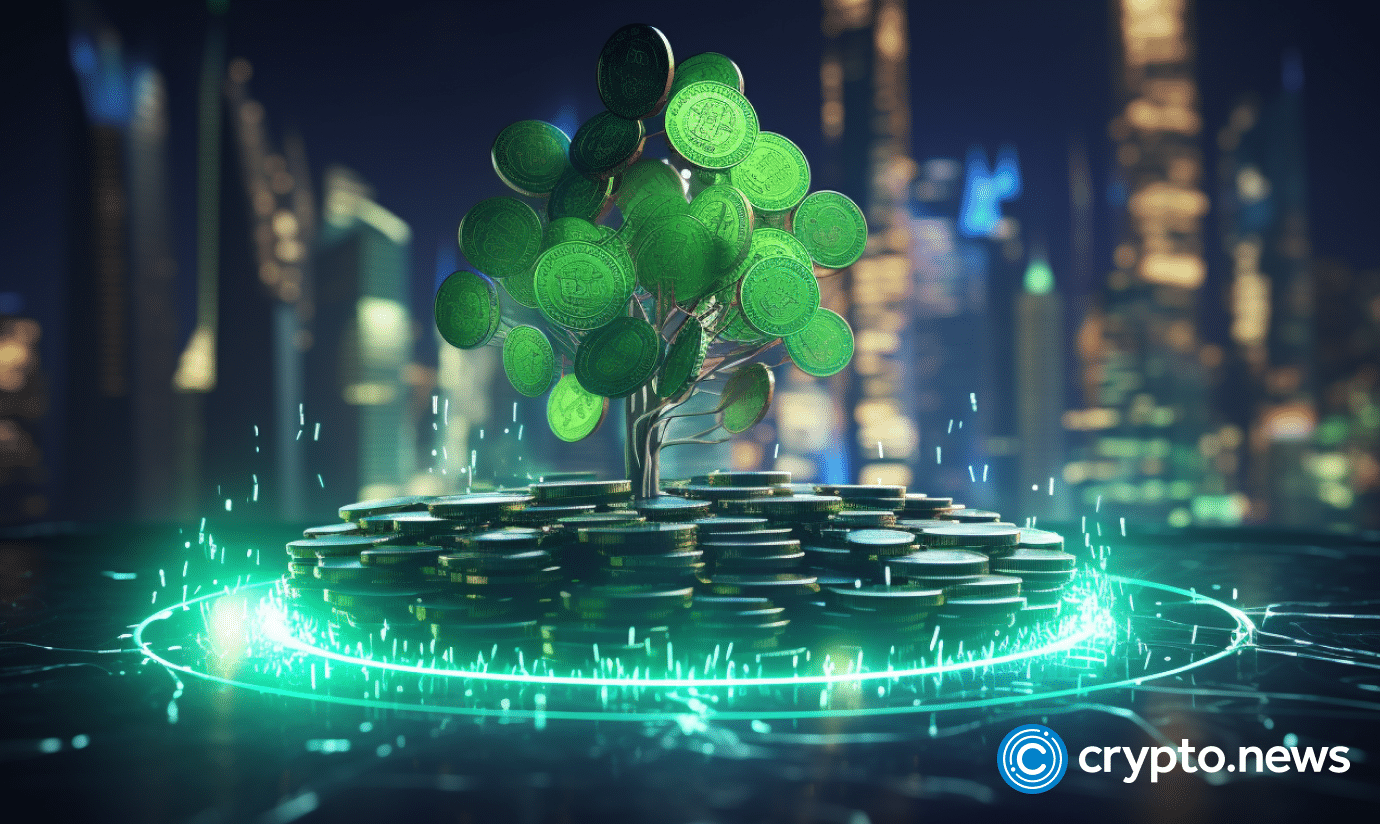

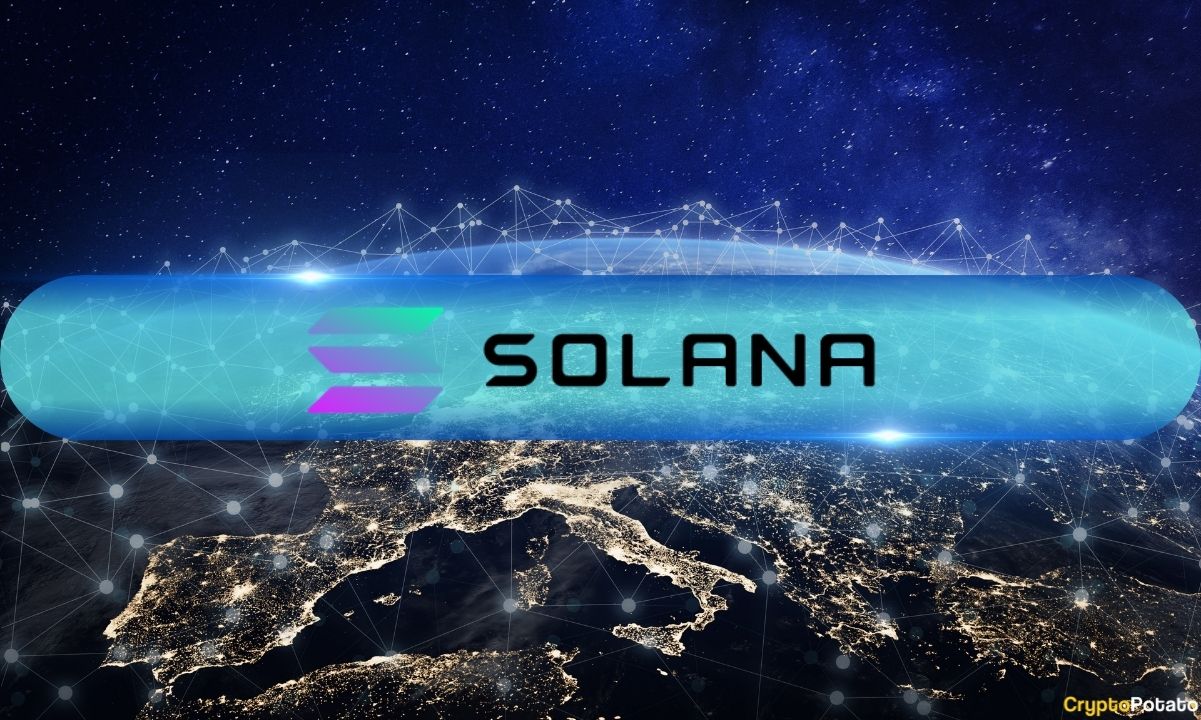
 English (US) ·
English (US) ·